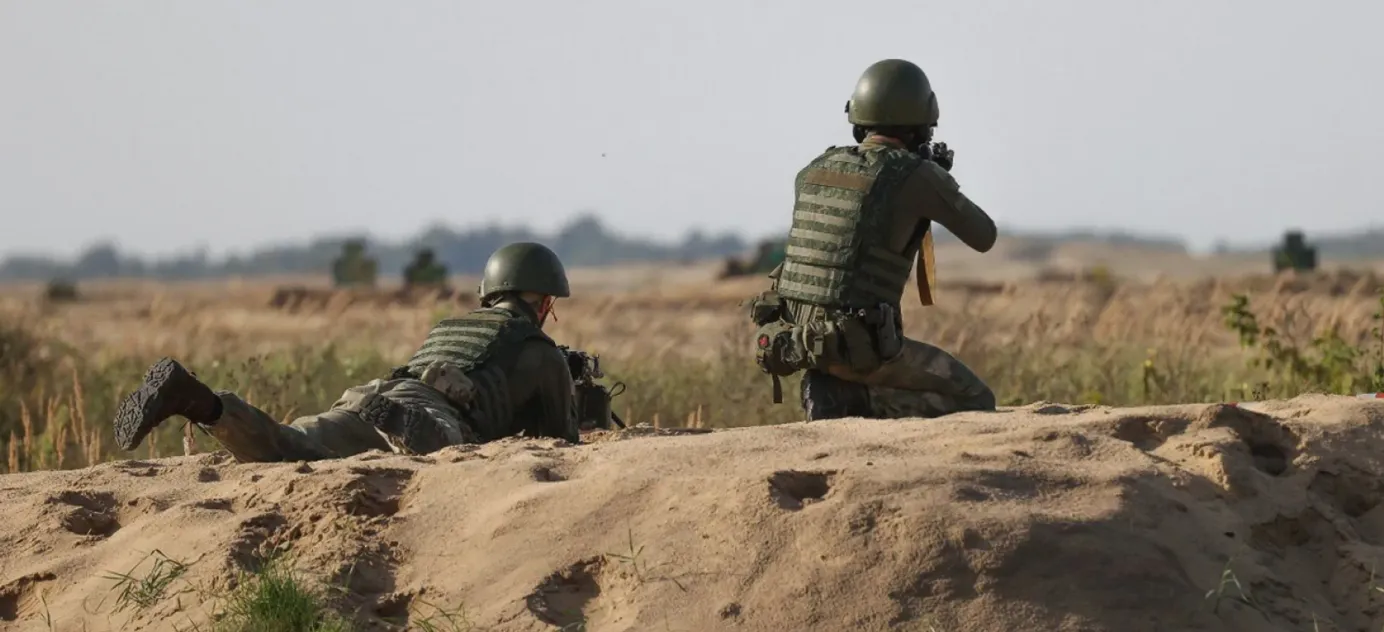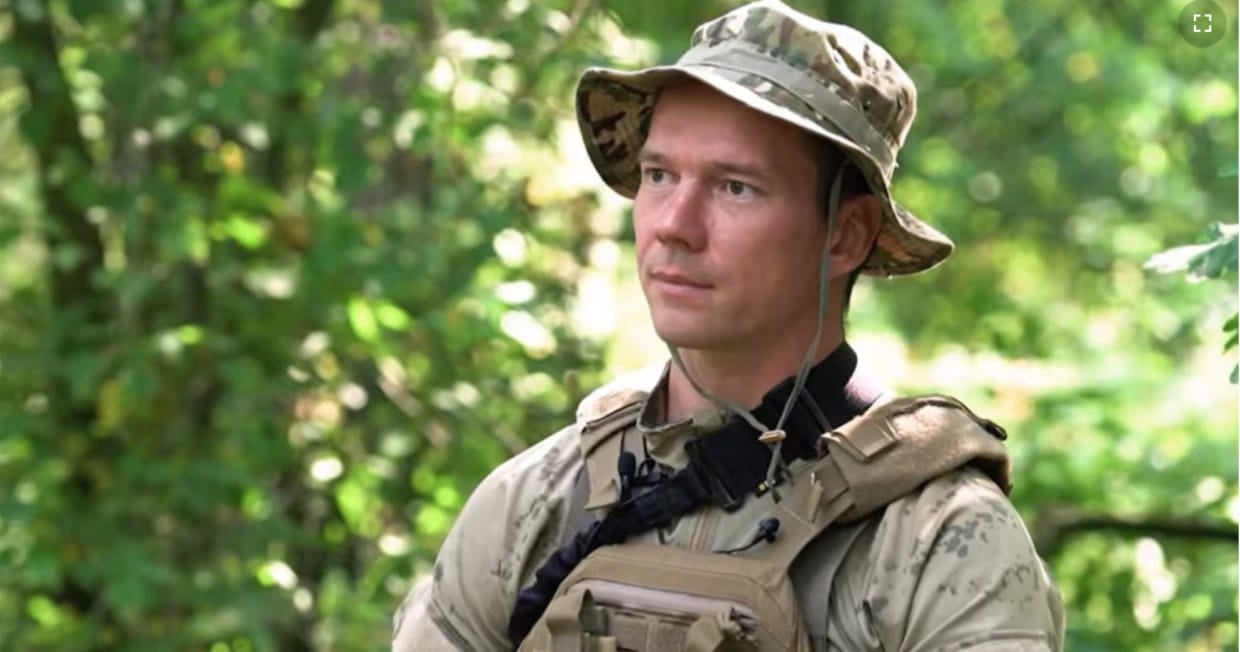
Russia sends ‘nuclear’ signals to the West
Nuclear threats have probably not been debated so widely in Russia all year as they are being debated now. Last week, there were several reasons why the country’s atomic arsenal was back in the news. Sergei Karaganov, an international affairs expert known in the West for his Kremlin ties, published an article at the start of the week proposing a nuclear strike on Europe. A few days later, President Vladimir Putin again threatened the West with Russia’s nuclear weapons while speaking at the St. Petersburg International Economic Forum (SPIEF).
- In his article, entitled “The use of nuclear weapons could save humanity from a global catastrophe,” Karaganov writes of the divine origins of nuclear weapons and argues that fears around their use no longer exist. Since the fight in Ukraine will determine the future world order, Karaganov believes that the West must be “rolled back” to ensure that Russia and the rest of the world can advance. To ensure this, Russia should use “the weapons of God, dooming itself to heavy spiritual losses.” This means delivering a “pre-emptive retaliatory strike” on “the area around Poznan” (a city in western Poland). This is the only way Russia will enjoy a bright future because history does not judge winners, Karaganov concludes.
- Karaganov is a well-known expert in international relations with vast experience. In Soviet times he trained at the United Nations and worked at the liberal – for its time – Institute of the USA and Canada under the Soviet state think tank the Academy of Sciences. In modern Russia, he worked in the Foreign Ministry, the presidential council and the presidential administration. He was also a co-founder of the Council on Foreign and Defense Policy, which brings together politicians, businessmen, journalists and senior officials. In the 2000s this council was one of the founders of the Valdai discussion club, where Putin participates in annual debates. In addition, Karaganov is an academic supervisor at the faculty of world economics and world affairs at HSE, one of Russia’s most prestigious universities.
- Karaganov is not your average Kremlin-linked political analyst. He is a member of the scientific council within the Russian Security Council, which since the start of the war has become one of the most influential bodies in Russia. It has the ear of Security Council Secretary Nikolai Patrushev, a close colleague of Putin’s, Meduza reported. However, another of the publication’s sources close to the Kremlin urged “not to exaggerate Karaganov’s influence.” Nonetheless, he is regularly involved in Security Council activities and is seen at events with Putin.
- Four days after Karaganov’s article was published, Putin spoke at SPIEF. Prompted by the moderator, the president said that the use of nuclear weapons was “of course, theoretically possible” if there was any threat “to our territorial integrity, independence and sovereignty, the existence of the Russian state.” This is the first time Putin has spoken about a nuclear strike in response to a “threat to territorial integrity,” although he hinted at it last summer after the previous successful Ukrainian offensive. This wording also contradicts Russia’s official nuclear policy, which says nothing about “territorial integrity.”
- In the same speech, Putin said that the first consignment of Russian nuclear arms had been delivered to Belarus for deployment in the country. Russia will complete this deployment by the end of the year.
Why the world should care
Putin’s words are no mistake, but a carefully prepared threat to the West – just as the previous similar threat, which coincides with a Ukrainian military attack, albeit one that is currently impossible to assess. Karaganov’s article and the demonstrative transfer of nuclear weapons to Belarusian President Alexander Lukashenko are similar signals to the West.



